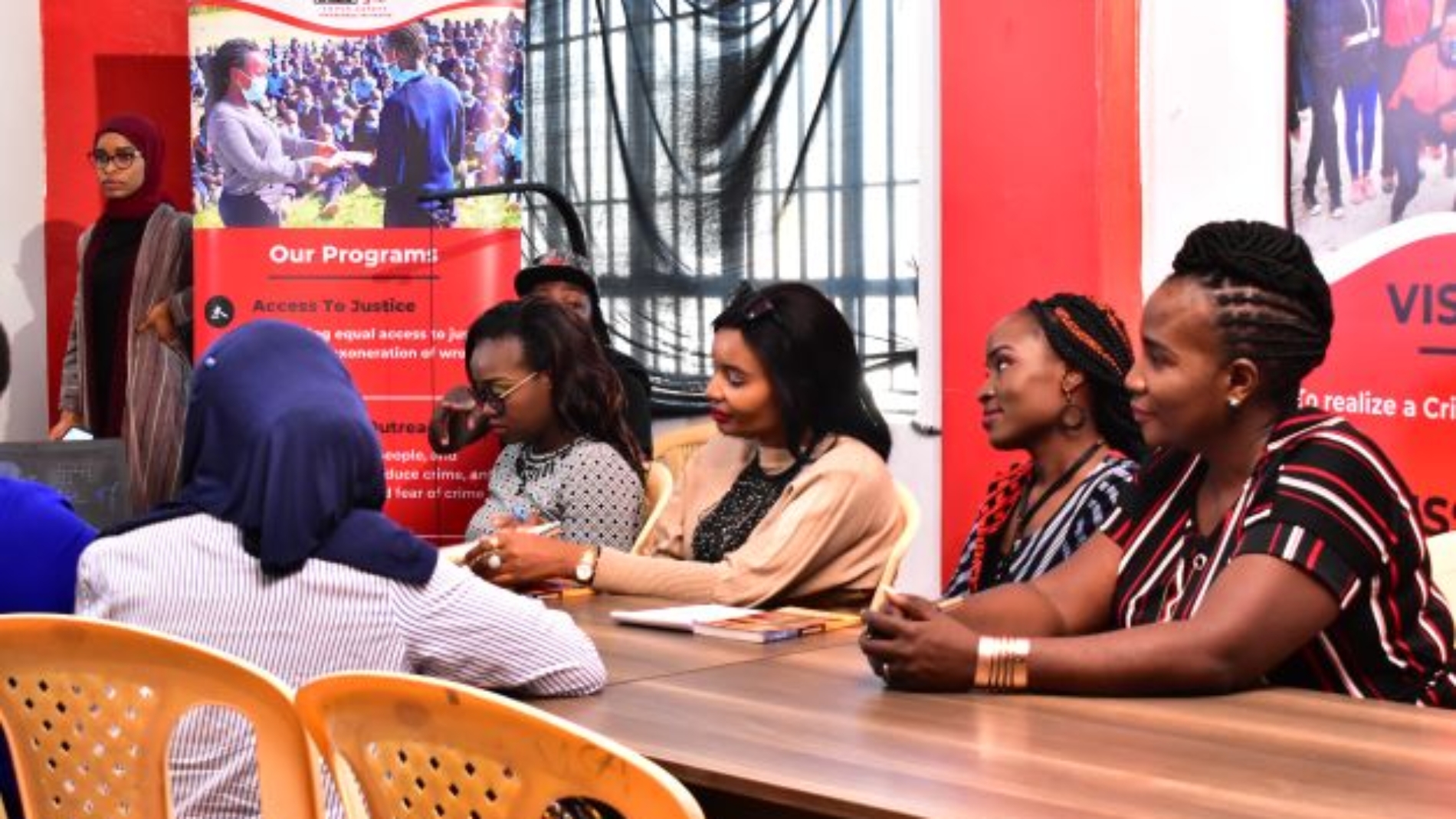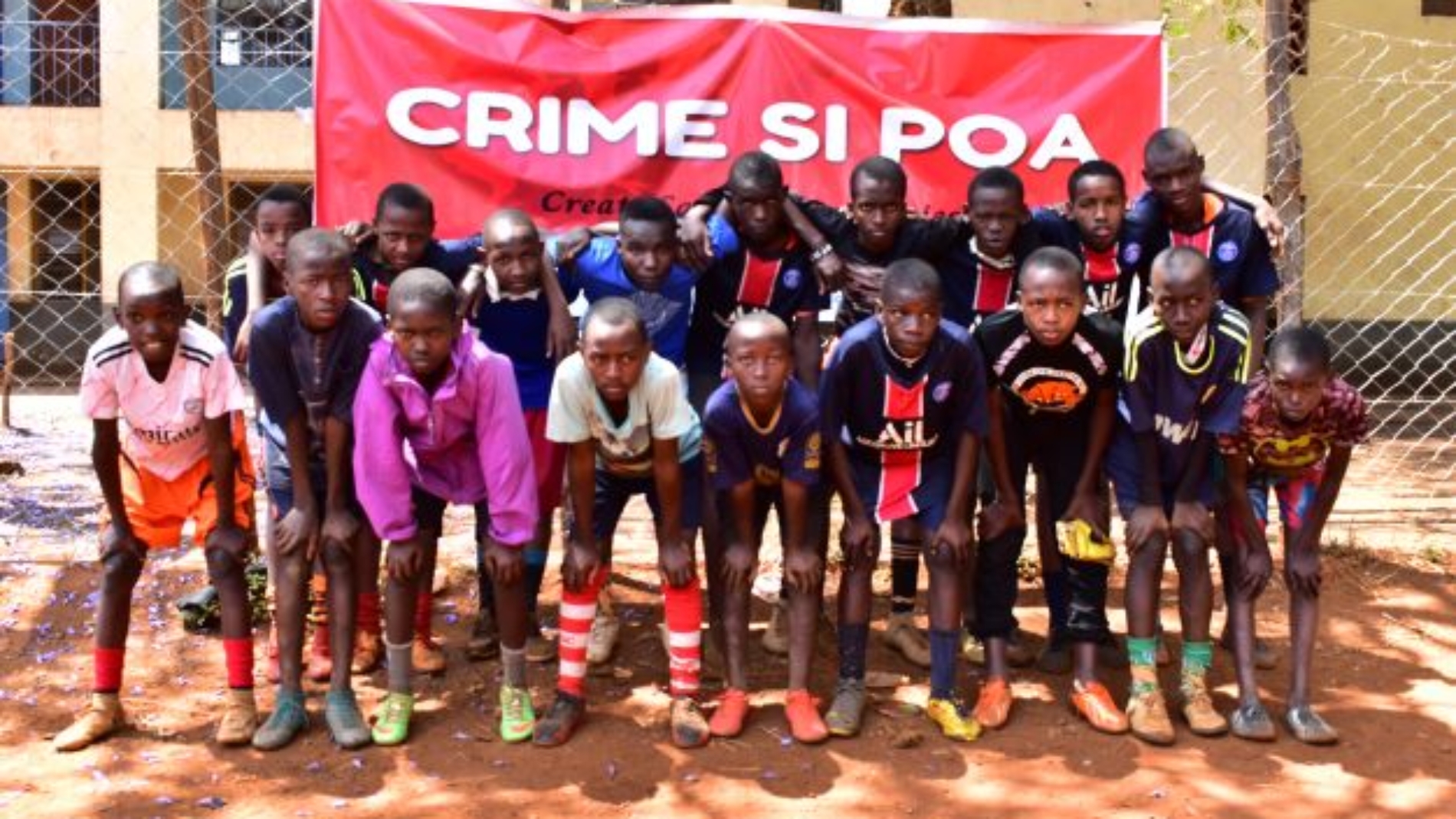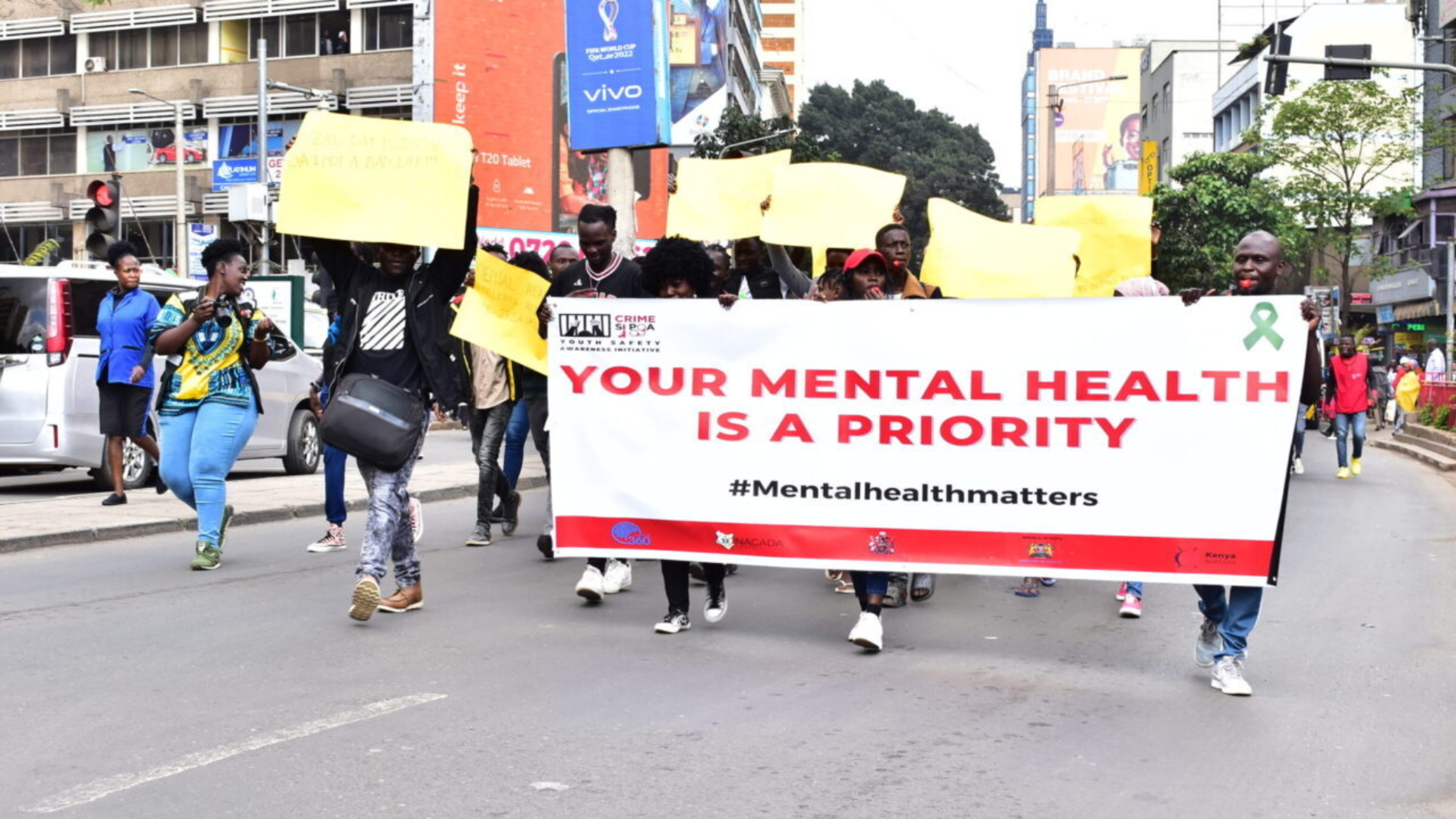One-on-one mentorship sessions held by Crime Si Poa psychologists in various schools have led to positive impacts on learners academic and social development. Through sessions held every week, in both secondary and primary schools in Kajiado, Kisumu, Nairobi and Nakuru Counties have help solve a number of challenges faced by pupils in schools.
According to Raphael a teacher at St. Gabriel Nahyeon Community Centre, guidance and counselling offered to student has help build a connection and trust among students and teachers in their school.
“Mentorship is the best modality when dealing with learners who have been affected psychologically, rather than canning them. These learners need someone from outside to talk to them and share their experiences,” he said.
Samuel Onyango a teacher at Friends Secondary School, in Dandora Slum, applauded, mentorship sessions saying they offered a structured, consistent time and space for teachers to better know their student away from a classroom setting.
“Weekly interaction helps learners develop a universal set of skills, goals, adaptability, and reflection that are necessary for success in school, career, and life. Through counselling and guidance, we have helped students especially those exposed to, substance and drug abuse, early sexual activities and crime overcome such vices,’’ said Onyango.
In addition to the personal connections made during one-on-one meetings, mentors have had access to content assessment data for each of their mentees. This has helped them collaborate with teachers to set learning goals across subjects for students as well as encourage the enhancements of students’ talents through co-curricular activities.
“These students have immense talents. The sessions you have been holding during this talent shows, are especially important. Students have been able to showcase their God-given talents something that is commendable,’’ added teacher Onyango.
The teachers acknowledged the impact of the mentoring sessions especially in curbing teenage pregnancy in schools based in informal settlement.
“Issues of teenage pregnancy among children in this school had become rampant. Since Crime Si Poa began counselling sessions here there has been a significant impact. We now have fewer case of teenage relationships. Students now focus on their academics,” Teacher Onyango concluded.
Information on what is happening with learners at a social and emotional level gathered from mentorship sessions has boosted performance in the classroom. The sessions have also helped mentors and teachers make informed decisions on the best interventions for students who may be struggling mentally and, or emotionally.










